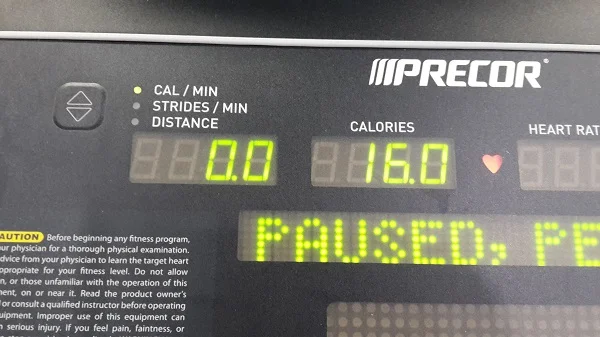Whilst driving to a client's this morning I caught a few minutes of a debate on the radio about increasing productivity.
It was a very general discussion, of course, but there was one part of the discussion that caught my attention.
The host of the show asked the guest (a member of the UK government I believe) why productivity wasn't increasing in the country when we have so many devices available to us to allow us to work remotely and deal with our emails before normal working hours.
As you would have noticed, productivity is not measured as the host indicated:
It was a very general discussion, of course, but there was one part of the discussion that caught my attention.
The host of the show asked the guest (a member of the UK government I believe) why productivity wasn't increasing in the country when we have so many devices available to us to allow us to work remotely and deal with our emails before normal working hours.
As you would have noticed, productivity is not measured as the host indicated:
Productivity ≠ everything you do / the length of time taken
I'm not sure how widespread this mis-understanding is, but it raises an interesting point about how many people are measuring the wrong things when it comes to either their own, or their business', productivity.
When you work in a manufacturing environment calculating productivity can be relatively straightforward. You may measure the turnover created during a period of time, divided by the number of people involved in the production process to give you a productivity per person.
In more general terms we could state that:
When you work in a manufacturing environment calculating productivity can be relatively straightforward. You may measure the turnover created during a period of time, divided by the number of people involved in the production process to give you a productivity per person.
 |
| Do you have a realistic way to measure your productivity? |
In more general terms we could state that:
Productivity = value created / period of time for creation
What this means is that for each role in a business could be aligned with a 'value creation' stream present within that business. You would then be able to identify the relevant contributions and measure the relative levels of productivity achieved.
Or, looking at this issue in a more simple way, we have the option to stop kidding ourselves about what productivity really is, strive to eliminate the productivity sapping tasks from our days and watch our natural productivity levels soar.
I'm sure the host of the radio programme didn't mean to imply that emails are the only measure of productivity, but in my experience too many people are sucked into the notion of being busy equals being productive. Results are what count and it is the time taken to achieve those results that allow you to measure productivity.
Do you need to re-think how your team measure their own productivity?
Giles
Or, looking at this issue in a more simple way, we have the option to stop kidding ourselves about what productivity really is, strive to eliminate the productivity sapping tasks from our days and watch our natural productivity levels soar.
I'm sure the host of the radio programme didn't mean to imply that emails are the only measure of productivity, but in my experience too many people are sucked into the notion of being busy equals being productive. Results are what count and it is the time taken to achieve those results that allow you to measure productivity.
Do you need to re-think how your team measure their own productivity?
Giles
About the author Giles Johnston is a Chartered Engineer who specialises in helping businesses to grow and improve through better business processes. Giles is also the author of Business Process Re-Engineering and creator of the 'Making It Happen' continuous improvement toolkit.
 | Download my free guide 'You're Late!!!' and improve your productivity and on time delivery performance today. Click here to get your guide. |